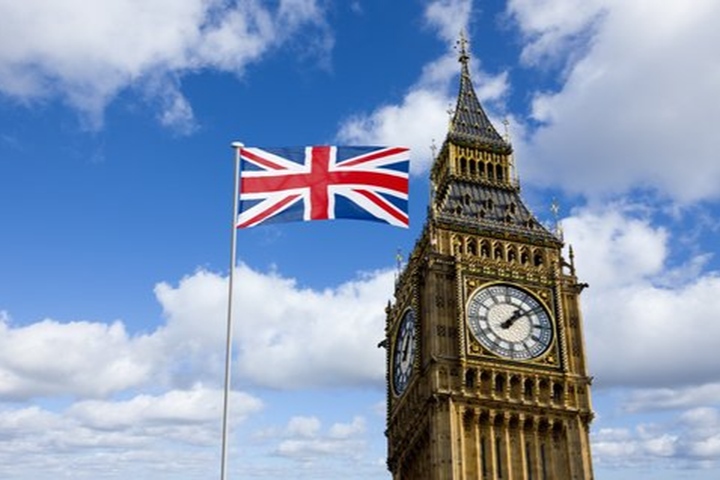PACKAGING UK
Government spells out how EPR fees could work
By Plasteurope.com correspondent
The UK government has told businesses they will have to decide how they deal with the additional costs incurred through the revised extended producer responsibility (EPR) arrangements for packaging, which are due to come into force next year.
The UK government has told businesses they will have to decide how they deal with the additional costs incurred through the revised extended producer responsibility (EPR) arrangements for packaging, which are due to come into force next year.
 The EPR scheme is to be introduced in 2025 (Photo: Adobe Stock/by-studio) |
In a webinar Q&A hosted this week by the Department for Environment, Farming & Rural Affairs – which sought to explain how the base fee for the EPR scheme will work from early next year – an unnamed civil servant said it wasn’t for the government to tell companies whether to pass on or to absorb the additional expense incurred through the new regime.
“Within our impact assessment we assume that around 80% of costs are passed on to consumers. We accept that these are costs for businesses, and some of them will need to be passed on.
“The question of how [businesses] go about passing those costs on is very much a commercial decision. We’re aware [businesses have] faced cost pressures in a whole host of different areas, and I dare say, [they] have processes that are followed in terms of renegotiating prices with customers when other things like interest rates, inflation rates, exchange rates, change.”
Describing the EPR as “a cornerstone of tackling waste in the UK”, the government has published a set of illustrative fees that packaging producers will have to pay, calculated using weights of household packaging placed on the market in 2022 across a range of materials, including plastic, glass, card, and paper.
Related: Government explains deferment of EPR scheme by 12 months
“Illustrative base fees are calculated by dividing LA packaging waste management costs (for household packaging waste) by the total estimated amount of household packaging placed on the market. The result is a rate which is expressed as fee per tonne of packaging placed on the market,” it said.
Such fees for plastic packaging, for example, range from GBP 355/t (EUR 416/t) to GBP 610/t.
From the second year of the EPR scheme’s life, the government said fees will be modulated to ensure packaging materials that have a lower environmental impact will be the least expensive for producers to use. “By introducing a modulated fee structure into the market, the use of unsustainable packaging materials will decrease, serving to reduce waste going to landfill and to reduce CO₂ emissions,” it added.
Fees will be incurred from 1 April each year, “based on packaging supplied by registered producers for the preceding calendar year. The deadline for reporting data is 1 April. As a result, fee rates for the first year of EPR for packaging (2025/26) won’t be known until after 1 April 2025”.
Allowing for relevant checks to be carried out and billing approvals to be obtained, the government said it expected the first invoices to be raised in October 2025.
A civil servant also confirmed the plastic tax would continue, in tandem with the EPR fees. “The purpose of the plastic tax is to incentivise the use of recycled content. The purpose of EPR is to cover the costs of managing packaging when it becomes waste, encourage producers to use less packaging and encourage them to make it more recyclable. So they’re complementary systems, and it’s one of the reasons why EPR doesn’t cover recycled content.”
29.08.2024 Plasteurope.com [256006-0]
Published on 29.08.2024
